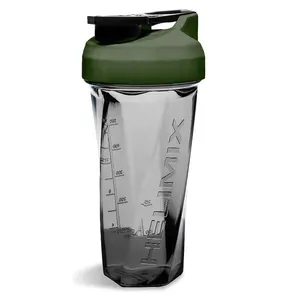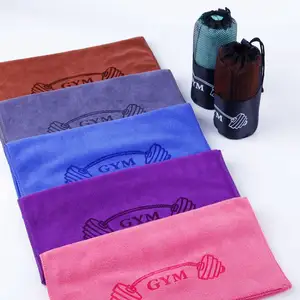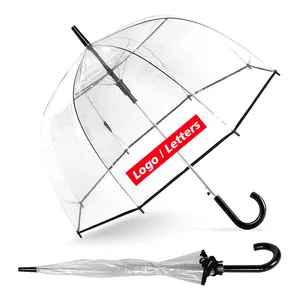Popular in your industry





















































Top categories
About 3g plastic scoop
Exploring the Versatility of 3g Plastic Scoops
The 3g plastic scoop is a versatile tool prevalent across various industries, embodying convenience and practicality in a compact form. These scoops are integral to precise measurement and dispensing of powders, granules, and liquids in culinary, laboratory, and retail settings.
Design and Material Diversity
Constructed from durable plastics, these scoops are designed to withstand the rigors of daily use while ensuring safety and hygiene. The materials range from food-grade polymers to eco-friendly bioplastics, catering to an array of environmental and health standards. The design portfolio of 3g plastic scoops spans from ergonomic to aesthetically pleasing, with a focus on functionality.
Functional Capacities and Applications
3g plastic scoops are not just limited to a single function; they are tailored to meet the needs of various applications. From measuring out ingredients in a kitchen to portioning supplements in a health store, their precise capacity ensures consistency in use. These scoops are also a staple in scientific research for handling chemicals with accuracy.
Customization and Consumer Appeal
The adaptability of 3g plastic scoops extends to their customization. Available in a spectrum of colors, they can align with brand identities or product lines. For the younger demographic, scoops featuring playful graphics or themes make the experience more engaging.
Environmental Considerations and Reusability
In an era where sustainability is paramount, the reusability of 3g plastic scoops is a significant advantage. These scoops offer an eco-friendlier alternative to single-use options, aligning with the growing consumer demand for sustainable products.
Choosing the Right 3g Plastic Scoop
Selecting the appropriate 3g plastic scoop involves considering the intended use, material preferences, and design requirements. While the market offers a wide array of choices, it is essential to prioritize functionality and environmental impact in the selection process.

































